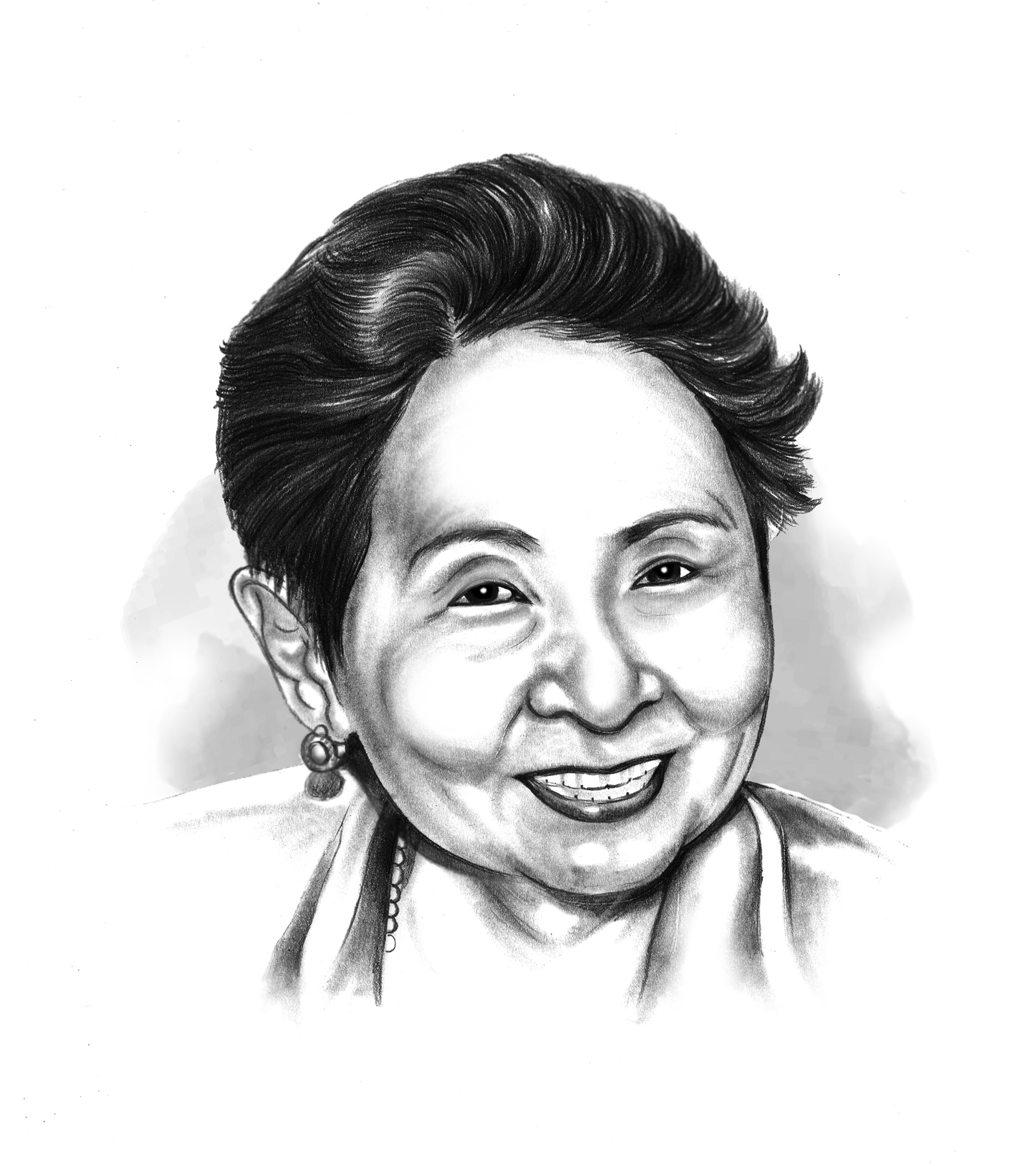PAGBABAGO

Last week we bade our nephew, Dindo (Fernando Rosario Alberto) a fond farewell. He was 64, and one who may be considered these days as still in his prime since many in their 70s or 80s are still active in the workforce.
About five years ago, Dindo had to go for dialysis thrice a week to address his diabetes. During the last 12 months, his condition started deteriorating. This necessitated continuing hospital confinement.
Last October, he was diagnosed with sepsis that required weeks of ICU care. Later, they discovered he had Guillain-Barre syndrome, a rapid-onset muscle weakness caused by the immune system damaging the peripheral nervous system.
The symptoms are changes in sensation in the back, feet, hands and arms. During the acute phase, the disorder can be life-threatening, according to his doctors. He was released from the hospital but from then on, he had to be carried by five men to an ambulance for his 4x a week dialysis. Then back to hospital and for the last four weeks, at the ICU, where he finally succumbed last week.
It was sad to see the once lively and “life of the party” Dindo go through such a terrible ordeal. During all the time, it was Lynn, his mom and my sister, who was at his side, boosting his morale to an extent that his three brothers and three sisters felt a tinge of envy. But Dindo did not have his immediate family. His three children are all abroad and he could only depend on his two sisters, Mayette, a doctor, and Leah, who had to give needed care beyond what a caregiver and medical team are not able to provide.
At the wake, many of his old friends, mostly classmates in high school and college at the De la Salle University came to say goodbye. We knew Dindo had many friends because he was most sociable and engaging. They came and those who were unable expressed their sympathy through Facebook. It was a great source of comfort to his mom that the hundreds who greeted Dindo, related how he would regale a get-together that was getting dull, to life, with his wit and humor. His colleagues at Mandarin Hotel where he had worked for sometime before he left for the United States expressed their regard for him as a co-employee and friend. His mother received two letters, from a labandera and a house helper who expressed sympathy, both saying that he treated them with utmost respect and kindness.
Dindo was a remarkable individual. Though not an academic achiever, he was talented in many ways. In 1975, shortly after finishing high school, he visited me in Sri Lanka to take up a short course in bartending. He also gave me away in marriage. He was what one would say, a person who took the road less travelled by. By our measure of success which is determined by power and position and wealth, he may not qualify. But, to my mind, he is most fulfilled than many. He fathered two lovely and girls, the younger, a summa cum laude at the University of California where she is now a teacher. When she had metastatic stage 4-cancer several years ago, Dindo stormed heaven with his prayers and she miraculously recovered.
Whenever I reminisce on how we can put greater meaning in our lives, my thoughts turn to Dindo and people like him. They may not have conformed to our standard of success and criteria that our mundane society uses, but to my mind, he had lived a satisfying life. Through acts of thoughtfulness and reaching out to those who had less in life, by enlivening an otherwise dreary existence so that it became more significant, and through varied acts of kindness, Dindo and the rest of his kind are transforming our world to make it a much better place to live in. ([email protected])